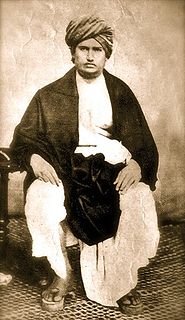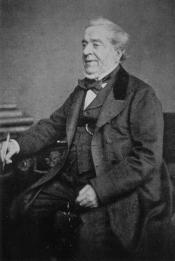A Quote by Dayananda Saraswati
The commendable conduct of man is shown by his discriminate treatment of merits and sympathetic regard for pleasure and pain, profit and loss of others. The contrary course is reprehensible.
Related Quotes
[In] death at least there would be one profit; it would no longer be necessary to eat, to drink, to pay taxes, or to [offend] others; and as a man lies in his grave not one year, but hundreds and thousands of years, the profit was enormous. The life of man was, in short, a loss, and only his death a profit.
If the knowledge of torture of others makes you sick, it is a case of sympathy... It can be argued that behaviour based on sympathy is in an important sense egoistic, for one is oneself pleased at others' pleasure and pained at others' pain, and the pursuit of one's own utility may thus be helped by sympathetic action.
Because God is never cruel, there is a reason for all things. We must know the pain of loss; because if we never knew it, we would have no compassion for others, and we would become monsters of self-regard, creatures of unalloyed self-interest. The terrible pain of loss teaches humility to our prideful kind, has the power to soften uncaring hearts, to make a better person of a good one.
... don't ever underestimate people, don't ever underestimate the pleasure they receive from viewing pain that is not their own... Pain by itself is just Pain. But Pain + Distance can = entertainment, voyeurism, human interest, cinéma vérité, a good belly chuckle, a sympathetic smile, a raised eyebrow, disguised contempt.
Pleasure is not the goal of man, but knowledge. Pleasure and happiness comes to an end. It is a mistake to suppose that pleasure is the goal. The cause of all the miseries we have in the world is that men foolishly think pleasure to be the ideal to strive for. After a time man finds that it is not happiness, but knowledge, towards which he is going, and that both pleasure and pain are great teachers.








































